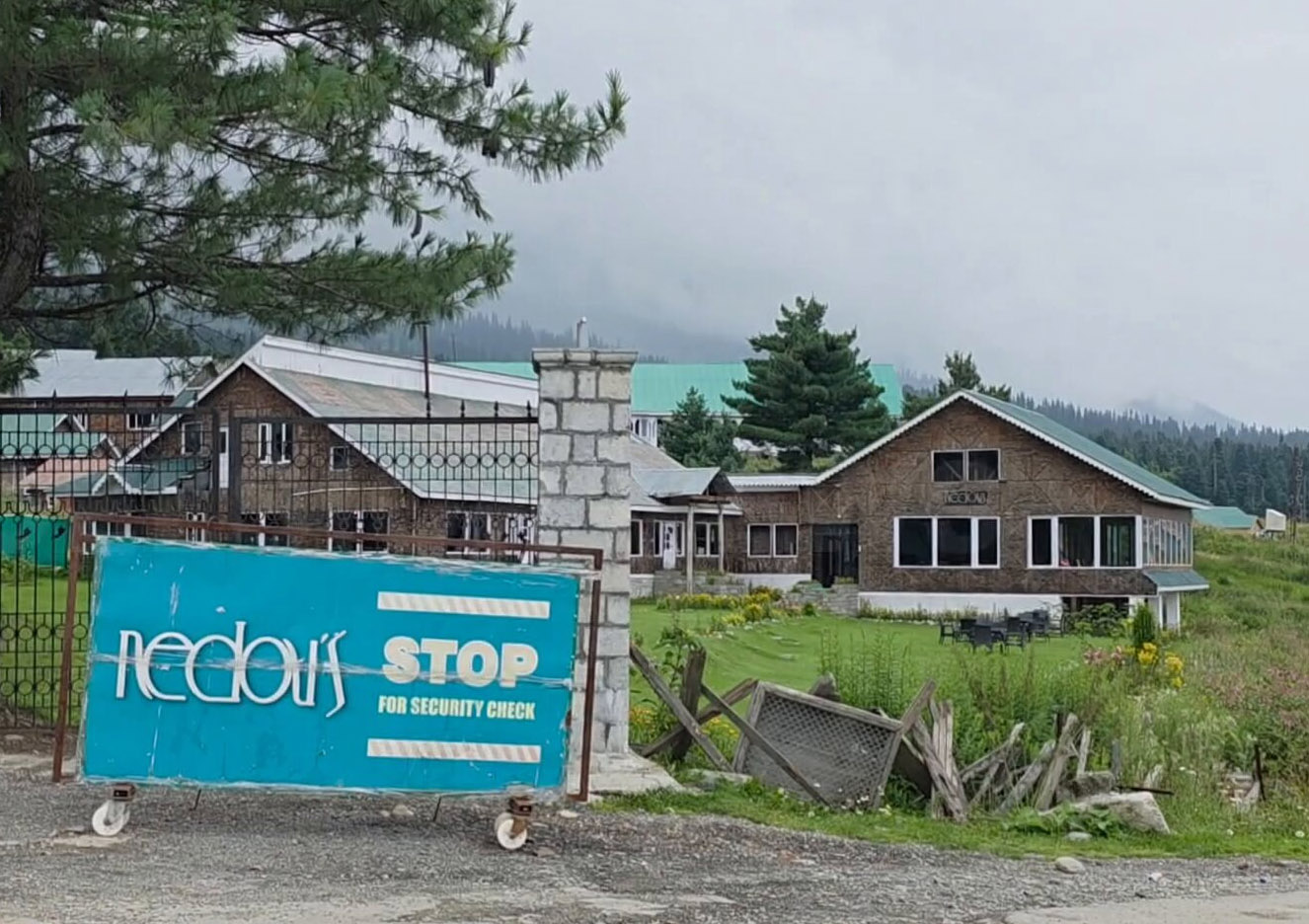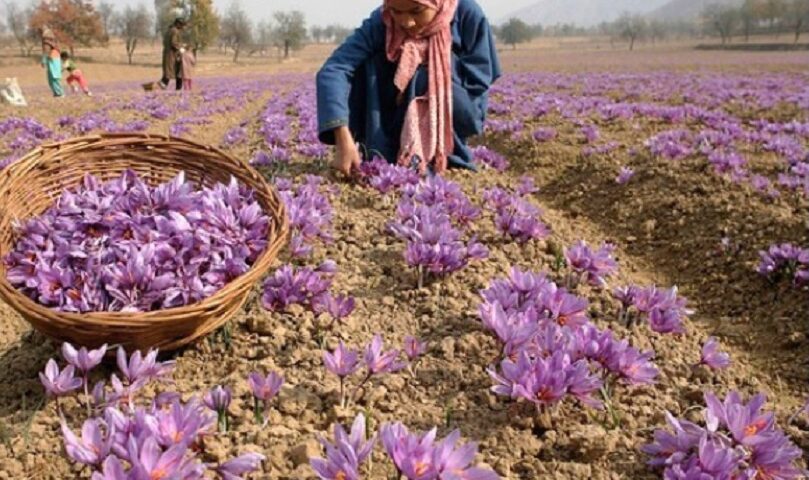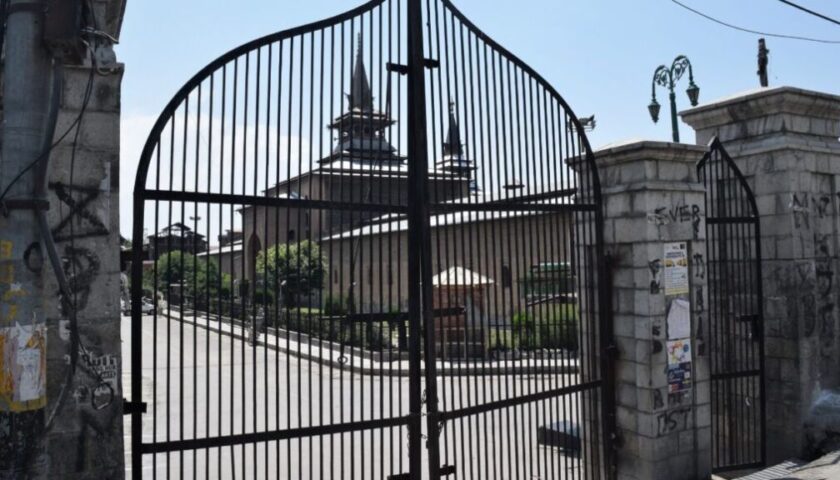Democracy vs Bureaucracy? CM Omar Abdullah Challenges L-G’s Auction Push in Gulmarg
By: Javid Amin | Srinagar | 13 Aug 2025
The tug-of-war between the elected Jammu & Kashmir government and the Lieutenant Governor’s administration has spilled into the courtroom, with both sides submitting conflicting positions over the contentious Gulmarg lease policy. The divergence, revealed before the J&K High Court on August 12, underscores a widening political and administrative rift in the Union Territory.
The Stakes: Gulmarg’s Tourism Heartbeat
Perched at 8,690 feet in north Kashmir’s Baramulla district, Gulmarg has long been a jewel in J&K’s tourism crown. The alpine town draws skiers, trekkers, and honeymooners alike, its economy heavily reliant on its hotels, resorts, and ancillary tourism services.
But beneath the snow-clad slopes lies a simmering dispute: the fate of dozens of hospitality properties whose land leases have expired — including the iconic 137-year-old Nedou’s Hotel.
A Public Interest Litigation (PIL) has brought the issue to judicial scrutiny, alleging:
-
Environmental degradation from unregulated tourism infrastructure.
-
Arbitrary eviction notices to long-standing leaseholders.
-
Lack of transparency in the application of new land rules.
The Legal Flashpoint: Land Grant Rules-2022
The controversy centres on the J&K Land Grant Rules-2022, introduced by the L-G’s administration after the abrogation of Article 370.
Key provisions:
-
No lease extensions once the original term expires.
-
Eviction or e-auction of properties after expiry.
-
Open bidding to any eligible Indian citizen under the Contract Act, removing the earlier rule that restricted leases to permanent residents of J&K.
For Gulmarg’s hospitality sector, this is seismic. Of the 59 hotels, around 55 face lease expiry and could be put under the auction hammer. Leaseholders say this policy denies them first rights of refusal and fails to recognise decades of investment.
Courtroom Drama: Two Sealed Replies, Two Visions
On August 12, 2025, before a Division Bench comprising Chief Justice Arun Palli and Justice Rajnesh Oswal, the Chief Minister’s Office and the Raj Bhawan submitted sealed, separate affidavits — a rare procedural move hinting at deep policy discord.
The court has scheduled the next hearing for August 28, 2025.
The Chief Minister’s Position
CM Omar Abdullah, visibly displeased, has made his stand clear:
-
No auctions planned for Gulmarg properties.
-
A renewal policy for expired leases is in the works to protect existing tourism operators.
-
Priority is on business stability and protecting local employment.
-
Strong criticism of the L-G’s unilateral policy-making: “The Raj Bhawan’s role is to assist governance, not override elected representatives,” he remarked in a recent public statement.
Intent:
-
Avoid abrupt evictions that could harm the tourism sector.
-
Ensure leaseholders, many of whom have operated for decades, are given fair renegotiation terms.
-
Maintain investor confidence in J&K’s tourism economy.
The Raj Bhawan’s Position
The Lieutenant Governor’s Office, however, stands firmly by the Land Grant Rules-2022:
-
Expired leases mean eviction or auction — no exceptions.
-
Auctions open to non-locals, signalling an alignment with national land-leasing norms.
-
Justification: This approach promotes transparency, ensures fair competition, and boosts revenue generation.
An expert committee has been tasked with identifying expired leases in Gulmarg and preparing them for auction.
From the L-G’s perspective, this is a step towards ending what they see as monopolistic control of prime tourism land by a handful of long-time operators.
Political Undercurrents: Autonomy vs Central Oversight
The dispute isn’t just about property rights — it’s about governance philosophy in post-Article 370 Jammu & Kashmir.
-
The CM’s camp frames the issue as one of local autonomy, economic continuity, and respecting historic agreements.
-
The L-G’s camp frames it as a matter of reform, fairness, and modernization.
This has reignited a larger debate:
-
Who holds the final say in land and resource allocation in J&K — the elected government or the centrally appointed Lieutenant Governor?
-
How should historic leases be treated in a legal environment that has undergone a constitutional overhaul?
Impact on Gulmarg’s Future
If the auctions go ahead:
-
Potential influx of new investors, possibly from outside J&K.
-
Possible displacement of long-standing local operators.
-
Risk of altering the cultural fabric of Gulmarg’s tourism economy.
If the leases are renewed:
-
Continuity for existing businesses.
-
Perceived as a roll-back of the L-G’s reform drive.
-
Could spark criticism over lack of competitive transparency.
Next Steps
With both sides holding their ground, the High Court’s proceedings on August 28 may be pivotal. The bench could:
-
Direct mediation between the two offices.
-
Uphold the Land Grant Rules-2022 as non-negotiable.
-
Recommend a hybrid policy that allows renewals with certain conditions.
Bottom-Line: More Than a Lease Dispute
The Gulmarg lease row has become a litmus test for the balance of power in J&K’s hybrid governance model. For residents and business owners, the outcome could determine whether the hill station’s future is rooted in continuity and tradition or reshaped by new investment and policy centralisation.
Until the court’s next hearing, the slopes of Gulmarg remain as politically charged as they are picturesque.




